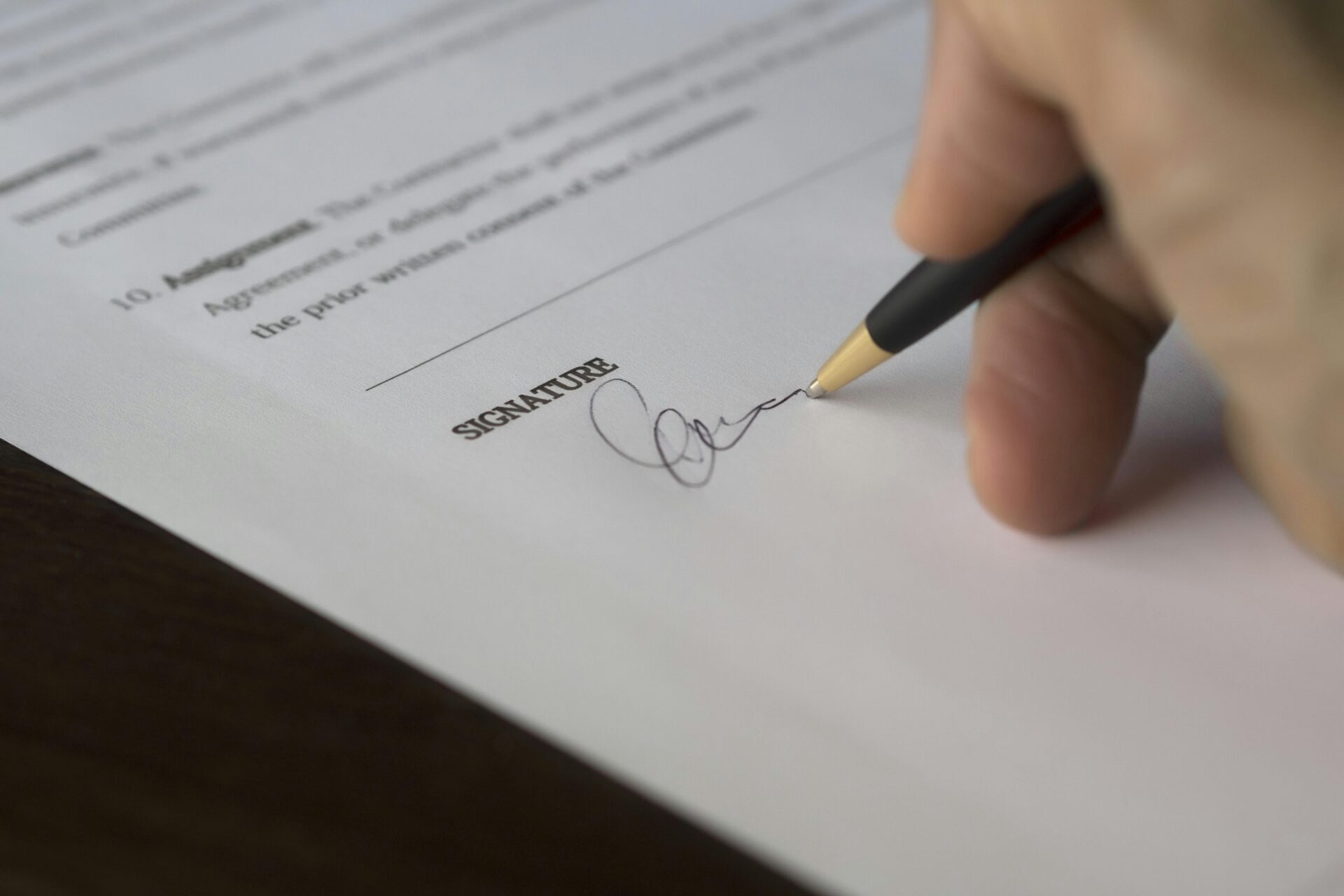As the core transmission component of mechanical equipment, the operating state of industrial gears directly affects production efficiency and equipment life. Proper maintenance not only reduces failure rates, but also significantly reduces repair costs. Here are practical tips for industrial gear maintenance:
1.Regular lubrication management
- Choose the right lubricant: Choose the appropriate lubricant or grease based on gear type, load, and speed. In high-temperature environments, high-temperature resistant lubricants should be selected.
- Control oil volume and cleanliness: Check the oil level regularly to avoid too much or too little; Use clean lubricating oil to prevent impurities from wearing the tooth surface.
- Regular oil changes: Change the lubricant regularly as recommended by the manufacturer, and the old oil should be thoroughly removed to avoid residual contaminants.
2. Daily inspection and cleaning
- Surface Wear Inspection: Detect pitting, cracks, or abnormal wear on the tooth surface visually or with specialized tools.
- Foreign Object Cleanup: Remove metal debris, dust, and other contaminants from the gearbox during shutdowns to prevent accelerated wear.
- Vibration and Noise Monitoring: Abnormal vibrations or noises can be signs of misaligned gears, insufficient lubrication, or damaged bearings.
3. Alignment and load control
- Ensure installation accuracy: The deviation of the gear and coupling should be within the allowable range to avoid local wear caused by biased loads.
- Avoid overloading: Long-term overloading can significantly reduce gear life, requiring strict adherence to equipment rated parameters.
4. Rust prevention and seal maintenance
- Anti-rust treatment: In humid environments, apply an anti-rust coating or use anti-rust lubricant regularly.
- Seal Inspection: Replace aging or damaged seals promptly to prevent lubricating oil leakage or moisture intrusion.
5. Professional maintenance and records
- Regular Professional Inspections: Conduct comprehensive inspections at least once a year, including gear clearance, bearing condition, etc.
- Establish a maintenance file: Record each service time, replace parts, and identify issues, making it easy to track equipment health.
The maintenance of industrial gears requires systematic planning and strict implementation. Through scientific lubrication, regular inspection, and standardized operation, the gear transmission efficiency can be significantly improved, the service life of the equipment can be extended, and long-term costs can be saved for enterprises.

